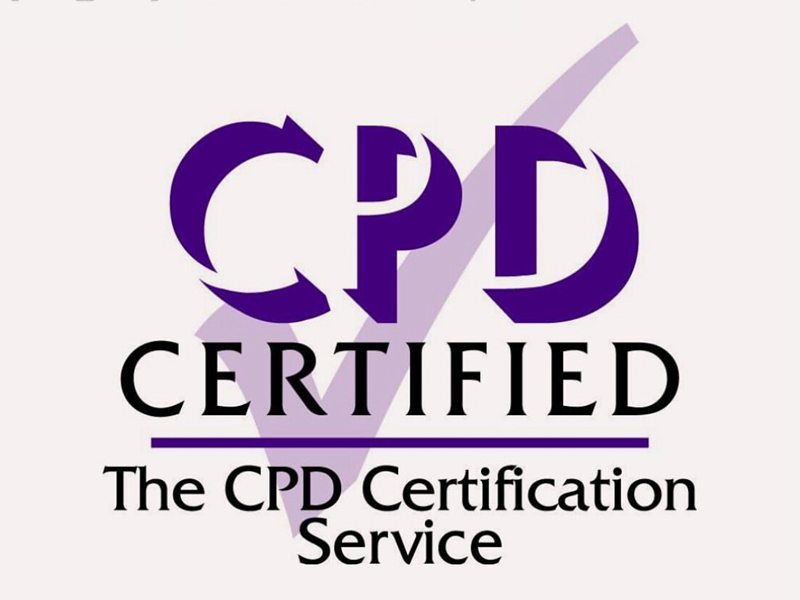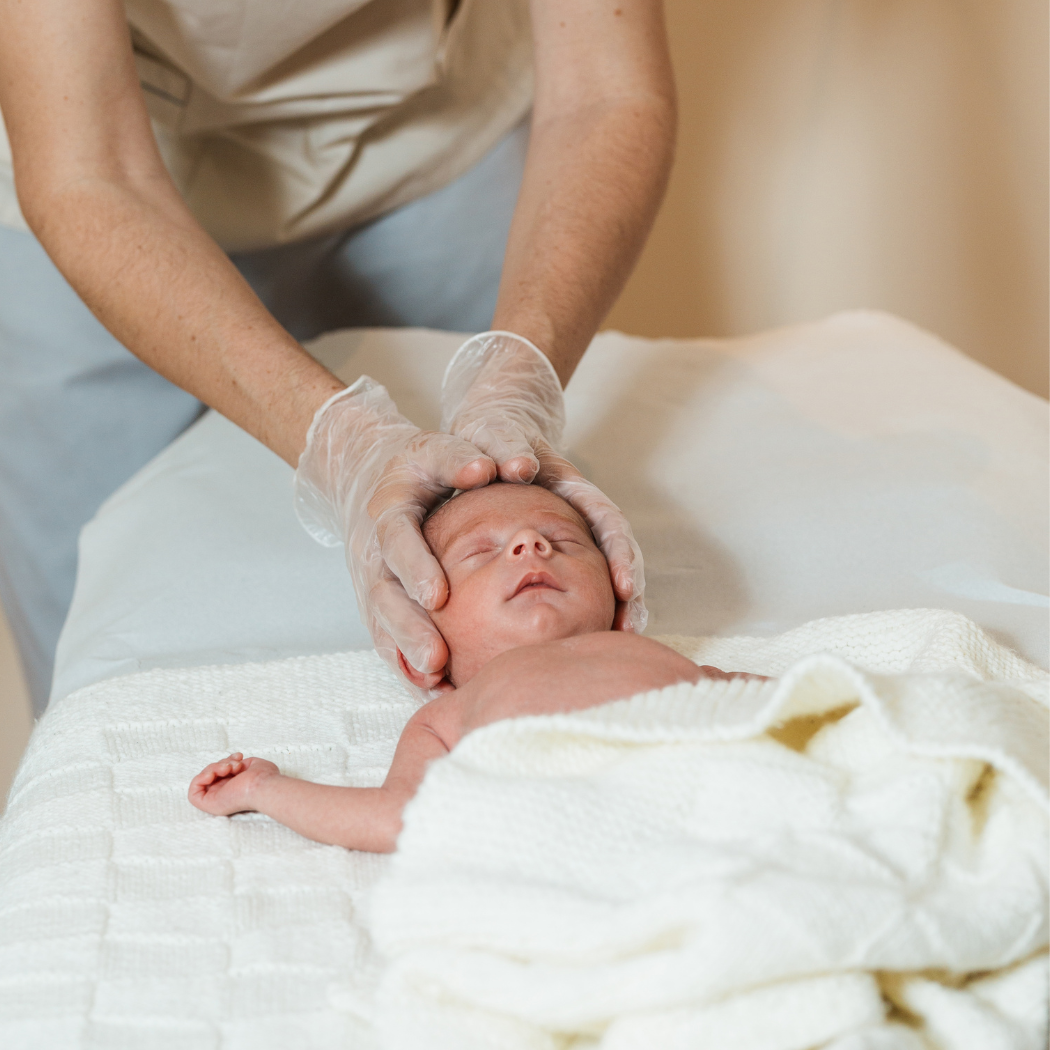

The aim of this post is not to drive fear (that’s the opposite of what we are about), but as with everything we do we want to prepare you for the realities you may face, reduce the ‘unknowns’ and help you to navigate your own unique journey with confidence and calm.
Let’s begin with why the staffing crisis is happening. According to recent survey findings by the Royal College of Midwives (RCM):
“Midwives are being driven out of the NHS by understaffing and fears they can’t deliver safe care to women in the current system. Over half of midwives surveyed said they were considering leaving their job as a midwife with 57% saying they would leave the NHS in the next year.
Of those midwives who either have left or were considering leaving, more than eight out of 10 were concerned about staffing levels and two-thirds were not satisfied with the quality of care they are currently able to deliver.
Alarmingly, the highest level of dissatisfaction among those surveyed came from midwives who had only worked for five years or less in the NHS. This will have a significantly detrimental impact on workforce planning and, says the RCM, the ability of maternity services across the country to provide acceptable levels of safe, quality care.”
These findings are unsettling at best for anyone who is expecting a baby and looking to be supported by the NHS care system.
The midwife staffing crisis is making it imperative that parents do not go into their birth and postnatal experiences ‘blind’ or ‘winging it’, which is an approach that is often taken. Not because the midwives don’t want to care for you- my goodness, they really do. But because their time and energy is being stretched in unsafe ways and so the system needs parents to be on the front foot of their experience, rather than entering into it on the back foot.
Here are three key areas that we urge you to start focusing on, whatever stage of pregnancy you are at:
You may think of this as home, birth centre, labour ward or theatre. But have you considered which the best Hospital Trust is in your area to meet your needs and preferences? Some people have 3-4 to choose from and so it’s really key to do your research on their monthly statistics in relation to your birth preferences or needs.
For example, if your preference is a home birth, how many home births were there in recent months with each Trust? How many people were moved to hospital? The same with vaginal birth after caesarean (VBAC), water births, birth centre births and breech births. If you have a particular preference, which Hospital Trust is best placed to support you?
Sometimes the closest hospital doesn’t always make the most sense and it is your right to choose one that does. If you’re already registered with one, you can usually self-refer to the new Trust on their website and have your notes automatically transferred across. You will need to have a new booking appointment so don’t leave this to the last minute when possible.
By choosing the best Trust for your personal circumstances, you are empowering yourself but also giving the system the best chance to support you in your preferences.
If you only have one realistic Hospital Trust option, then still research their statistics and understand what their ‘norms’ are and compare them with a few others (even if they are not an option for you). A hospital trust with a higher induction rate, for example, will tell you that they may offer induction methods sooner than other trusts. Why is this? The same with unplanned abdominal birth rates- why is their rate what it is?
This is important to know so that you can go in with more of a picture of how your trust approaches different birthing scenarios. Knowledge is power and information will enable you to have a conversation and be a part of your care, rather than an observer which is not a good place to be when it comes to something as personal and life altering as birth.
It’s normal to assume that the midwife team assigned to you is all of the care you should be getting. But the 10 minute appointments are not enough for even the most straightforward of pregnancies, let alone if each appointment is with a new midwife every time.
Our courses provide ongoing live support throughout your pregnancy through regular contact with your course teacher (if you would like it) and our ‘Ask the Midwife’ online chat group. This is an invaluable benefit for the mental health side of pregnancy and birth/postnatal preparation. We also include a 1 hour postnatal doula session via Zoom for every family which can be used within the 1st three months post-birth to ask questions and talk things through.
You could also hire a birth doula who starts supporting you from the moment you book them. They can help you to source Hospital Trust statistics and support you to ask the right questions. They can also ask questions on your behalf if you or your birth partner are not so confident in this area, so that you have all of the knowledge you need to make informed decisions in the lead up to and on the day.
You can find local birth and postnatal doulas here:
Please do check out our post on affording a doula if the fee is a barrier for you.
Depending on finances, you could also consider private midwife care during your pregnancy, for your home, birth centre, hospital or abdominal birth and postnatal recovery. You can find out more here.
The part of your experience that is so often overlooked until you are in the depths of post-birth recovery, at your most vulnerable and learning how to care for your newborn baby.
Our courses provide an in-depth 1.5 hour session on postnatal recovery planning, and we encourage anyone who is going to be supporting you at this time to join the session too.
For now, think about your home set up and how can you make it easy to rest and be comfortable for a few weeks, at least? Is there a nappy changing station downstairs to save you going up and down the stairs all day? Have you got a comfy supportive chair to feed your baby and cuddle them on? Who is going to help around the house and make you food? Who is going to cuddle baby whilst you shower and eat a decent meal? Depending on the type of birth you have, how long is your support team prepped for? Have you got help for any older siblings to take the pressure off of you?
These things may seem trivial before baby is here, but ask any parent who has been through the newborn daze and they will tell you how life becomes quite different and the small tasks become very big all of a sudden. When things feel big, they feel overwhelming and that’s when mental health takes the hit. But we can do so much to prevent this, starting during your pregnancy.
We hope these pointers will be helpful, but in reality they are scratching the surface of an informed and confident birthing and postnatal experience. But they will still make all of the difference. If you’d like to go the whole way and be supported throughout your pregnancy through to the fourth trimester, we are here for you every step of the way.
Course packages start from £275 for the Zoom group course option and include the full online support package which you can start using from 12 weeks of pregnancy. You can also learn in-person in a group and privately too.
Just head to the following links to find the best course for you:
Payment plans are available.
Finally, it’s never too late to learn and be supported. You’ll never forget your birth and postnatal experience so please, prioritise preparation. We are here for you every step of the way and believe that our support for you will in turn support the NHS midwives who are facing this crippling crisis right now.

It's never been more important to use evidence-based information to make decisions and feel supported in what you feel is best for yourself and baby.

A gentle and effective approach to supporting your baby's wellbeing.

Pregnancy and parenthood bring big changes, and without the right support, they can lead to increased stress, time away from work, and employees feeling they have no choice but to leave.